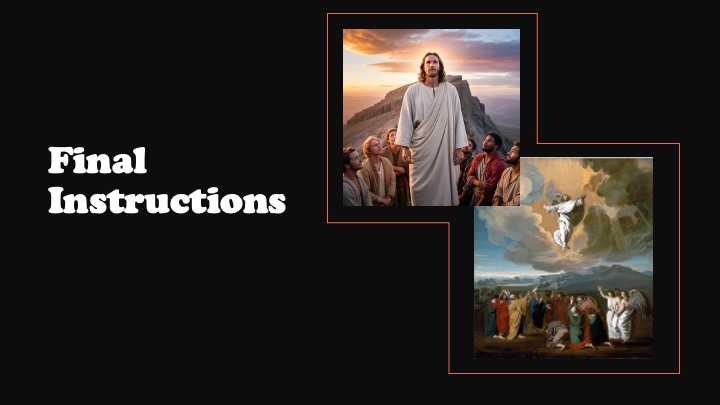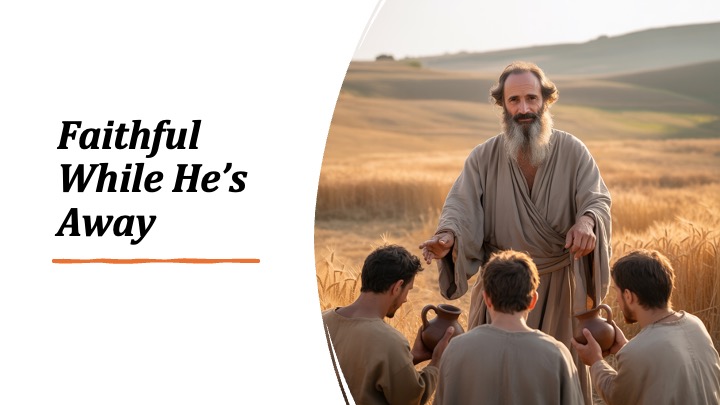In the midst of the Babylonian exile, Ezekiel 18 addresses the Israelites’ struggle with a proverb suggesting children suffer for their ancestors' sins, embodying a sense of inescapable fate. Challenging this notion, God, through Ezekiel, proclaims individual responsibility: every person's destiny is shaped by their own actions, not those of previous generations. This revelation paves the way for personal accountability and the possibility of transformation.
The chapter vividly outlines the principle of personal responsibility, affirming that righteousness leads to life, while wickedness leads to death. Yet, it offers hope: a wicked person who turns from their sins and embraces righteousness will surely live. This message underlines God’s profound mercy—He desires repentance, not punishment.
God's justice, tempered with mercy, seeks life, not death. The chapter concludes with an urgent invitation: embrace repentance, accept the new heart and spirit God offers, and choose life. Ezekiel 18 resonates as a timeless message, reminding us that our future is not determined by our past. It invites us to seize the opportunity for renewal, stepping into the abundant life promised by a God of justice, mercy, and life.

In this episode, the 10:10 Thrive Podcast explores Jesus’ final conversations with His disciples before His ascension. On a mountain in Galilee, the disciples...

Psalm 104 provides an extensive meditation on the various aspects of creation, describing the water, winds, mountains, animals, and plants, showcasing God’s sustaining power...

The Parables of the Talents and the Minas share a powerful, singular message about stewardship and accountability during the period between Jesus’s ascension and...